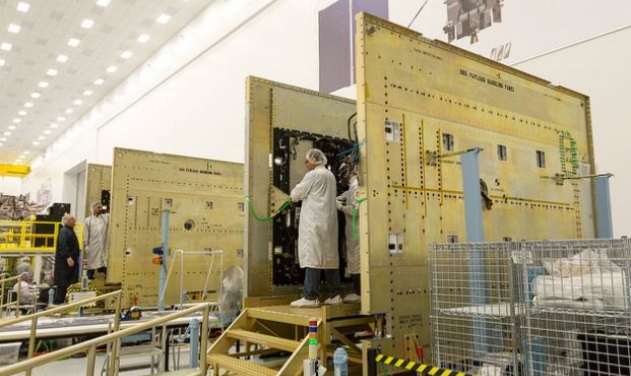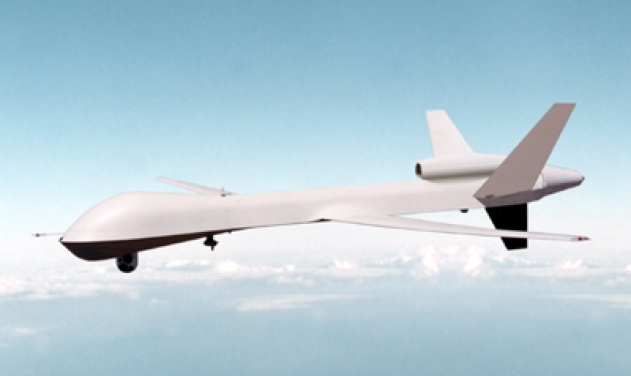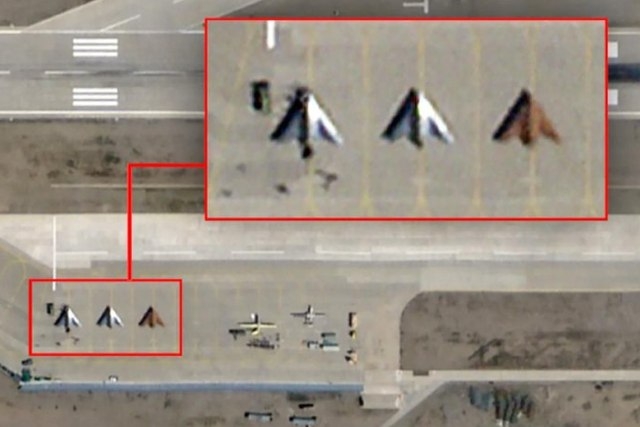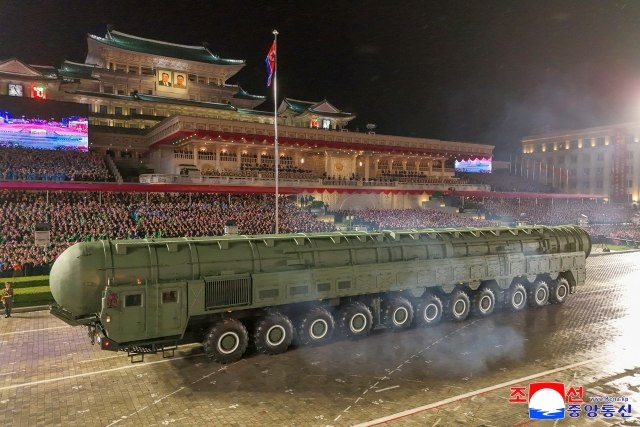Lockheed Martin Tests Army Tactical Missile System
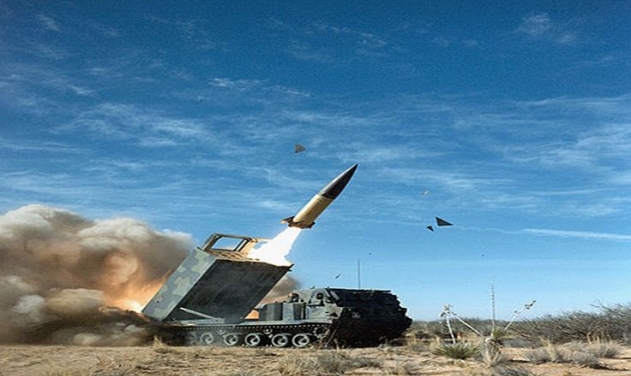
Lockheed Martin conducted another successful Army Tactical Missile System (ATACMS) modernization flight test recently at White Sands Missile Range, New Mexico.
Launched from a Soldier-manned High Mobility Artillery Rocket System (HIMARS) launcher, the ATACMS missile flew approximately 140 kilometers and demonstrated a proximity sensor height-of-burst detonation over the target area. This is a new ATACMS feature that allows battlefield commanders to address imprecisely located or area targets.
"This was our seventh consecutive successful test in the ATACMS modernization program," said Matt Berger, Precision Fires program manager at Lockheed Martin Missiles and Fire Control. "ATACMS is extremely accurate, affordable and mission-flexible, and is a missile our warfighters can rely upon when performance is most needed."
This flight was a system-level test conducted in conjunction with the U.S. Army's Precision Fires Rocket & Missile Systems (PFRMS) Program Management Office. Other test objectives included confirming the missile's performance range and accuracy from launch to warhead event, and validating the interface with the HIMARS launcher, as well as testing system software performance.
TACMS is the U.S. Army's only tactical long-range precision-strike surface-to-surface weapon system, and it provides combatant commanders with critical deep-strike capability to service high-value targets in all weather conditions. It can be fired from the entire family of Multiple Launch Rocket System (MLRS) launchers.
The first production contract for Modernized ATACMS missiles for the U.S. Army was signed in August 2017, and called for the modernization of 150 missiles. As part of the U.S. Army's ATACMS Service Life Extension Program, the modernization process disassembles and demilitarizes ATACMS Block 1 and 1A submunition warheads, replacing them with new unitary warheads and bringing them into compliance with Department of Defense policy on cluster munitions.
